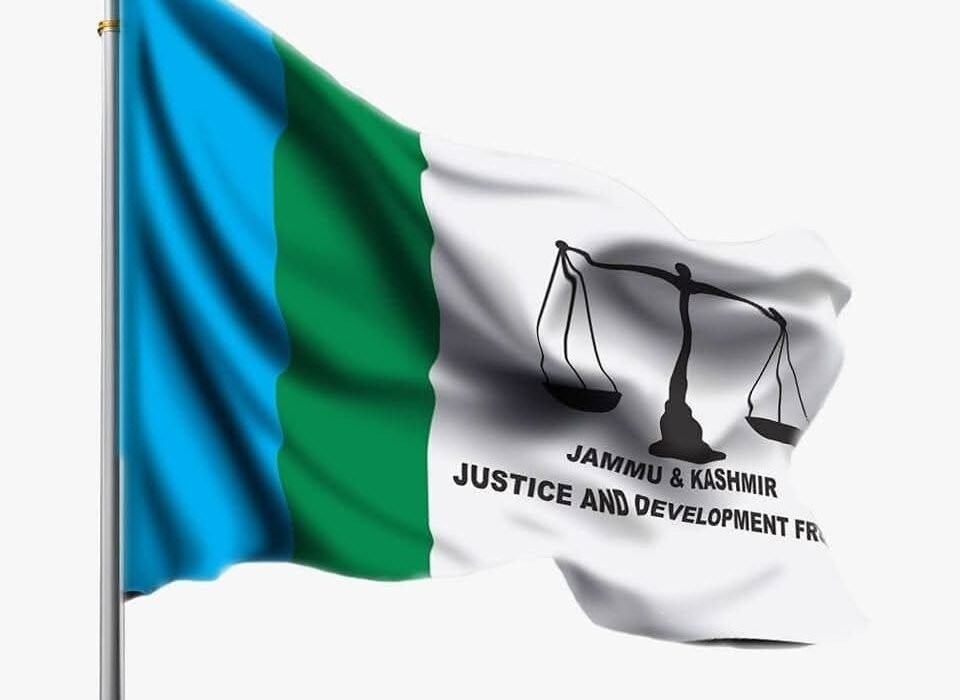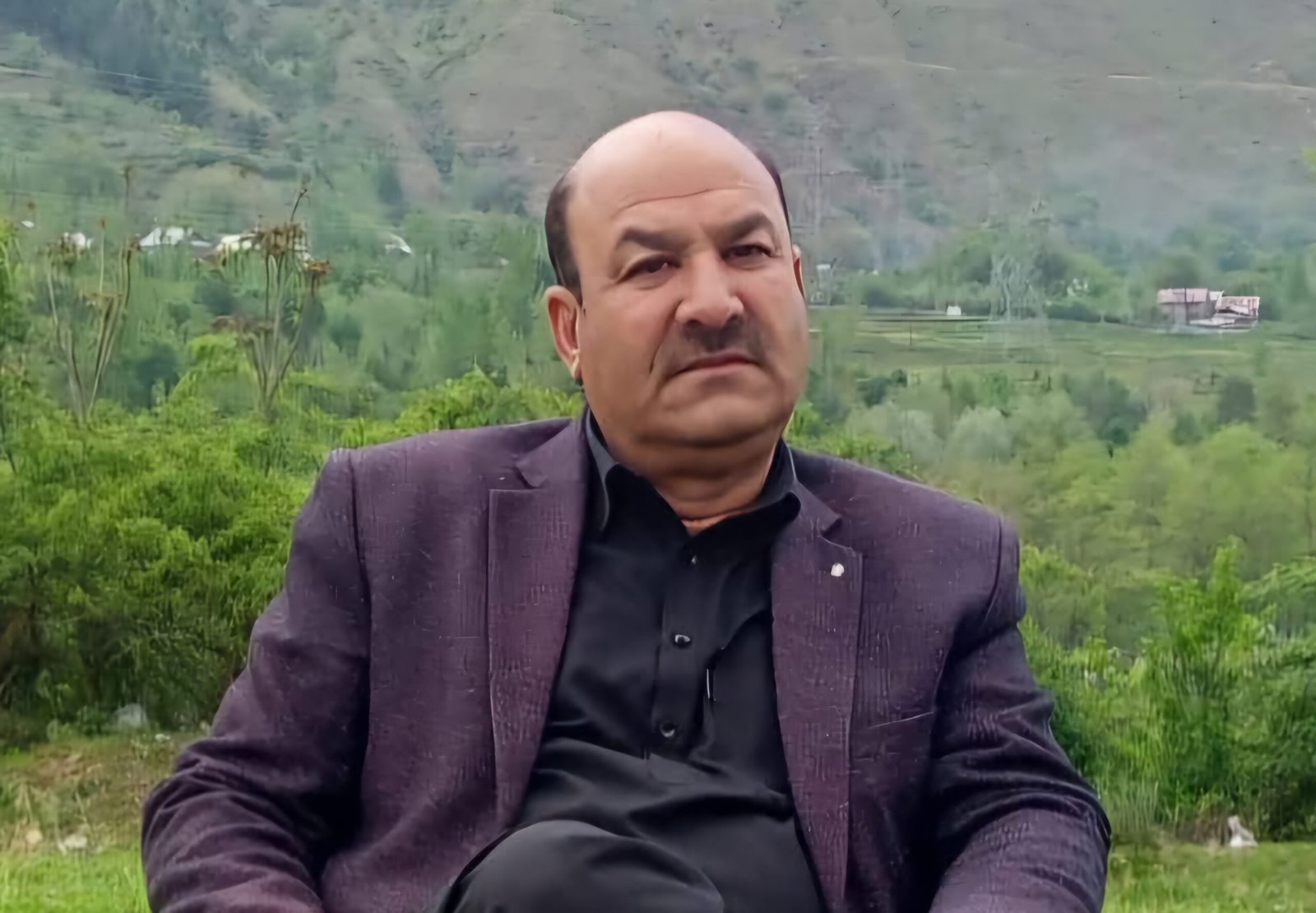It takes a certain courage for someone like Junaid Qureshi to publicly say he left the path of extremism and reinvented himself as a writer. However, courage without accuracy is dangerous. His recent portrayal of Jamaat-e-Islami Jammu & Kashmir (Jamaat) as a “wolf in sheep’s clothing” is not only misleading but riddled with factual distortions.
More concerning is his admission that he has passed these misinterpretations to his own son, Suhail — ensuring that another generation grows up with a skewed understanding of history.
For the sake of truth and public clarity, we respond to his key allegations one by one.
- “Jamaat was poor until militancy began, then it used Hizbul Mujahideen to get rich.”
Before 1990, Jamaat-e-Islami J&K was a modest movement dedicated to education, moral reform, and community welfare. The Kashmir issue was part of its policy framework, but its constitution (Dastoor) strictly forbids any underground or militant activity.
The real shift came during the turbulent 1990s, when a small faction — led by a prominent leader and close associates — infiltrated the organisation. They sought to exploit Jamaat’s grassroots credibility for their own agenda. When these actions violated Jamaat’s principles, the Shoora (central council) took the unprecedented decision to cancel that leader’s membership — proving Jamaat’s discipline outweighed personal loyalties.
- “Every Hizbul Mujahideen commander was controlled by a Jamaat member who took a personal cut.”
This is an oversimplification — and simply not true. Jamaat had its own cadre, collecting contributions (Maooda) to fund organisational work, pay modest salaries, and operate schools.
While some individuals may have personally supported HM, Jamaat as an organisation never endorsed any armed wing under its banner. The official stance remained firm:
“Your mission for Kashmir may be great, but it cannot be under Jamaat’s banner.”
It is true that in the early 1990s, statements like Ahsan Dar’s — “HM is Jamaat’s armed wing” — were not publicly countered. But this silence must be understood in context: the Valley was in upheaval, the Chief Minister Farooq Abdullah had fled to London to his in-laws to save his life, and the state machinery had collapsed.
The real question is not Jamaat’s alleged control — but who allowed Ahsan Dar to walk away untouched, and how the same leaders involved in the 1987 election rigging created the conditions for militancy to flourish.
- “Funding came via foreign donations, with 90% taken by Jamaat-e-Islami Pakistan.”
In reality, most funding for militancy in the 1990s was routed through individuals linked to Pakistan-based political groups and agencies — bypassing Jamaat-e-Islami J&K entirely.
Grassroots Jamaat members, especially in rural areas, had no knowledge of such dealings. Their primary financial resource was local contributions, with every Rukn (member) donating 5% of their annual income.
- “Jamaat invested militant funds in property and businesses across Kashmir.”
If such properties truly belonged to Jamaat, they would have been seized during the ban. The truth is that most of these properties were privately owned by political elites who later distanced themselves from Jamaat.
Jamaat’s actual institutions — schools, libraries, and offices — were all built from public donations and have been seized under the ban.
- “Jamaat infiltrated government jobs to spread silent indoctrination.”
Jamaat’s cadre has always been among the most educated in the Valley. Their entry into government service was based on merit, not conspiracy. In fact, many resigned from secure posts to dedicate themselves to the organisation full-time.
- “The ban is ineffective because properties are hidden in other names.”
The ban dealt a severe blow to Jamaat — all registered properties were seized. Any assets Junaid refers to are more likely linked to HM or individuals who left Jamaat long ago.
- “Re-entering electoral politics is a ploy to protect black wealth.”
Jamaat withdrew from electoral politics after the 1987 election fiasco, protesting the denial of the people’s mandate. Today, with evolving political realities and the possibility of transparent processes, Jamaat is ready to participate again — openly, within the framework of India’s constitution, as required by Article 5 of its Dastoor.
Issued by :. Justice and Development Front (JDF)
Media Cell





